
Read or listen offline
1×
Recommendation
The Paris Agreement on climate change homes in on curbing greenhouse gases (GHGs), specifically carbon dioxide. While 27 governing districts, including nations and states, currently operate under a carbon tax architecture, the United States does not impose such a levy. Professor Gilbert E. Metcalf argues that a US carbon tax would help abate GHGs, and it would do so more effectively than a cap-and-trade scheme. Business leaders, analysts and policy experts can explore the details and effects of a US carbon tax in this informative and comprehensive report.
Take-Aways
About the Author
Gilbert E. Metcalf is an economics professor at Tufts University and a researcher at the National Bureau of Economic Research.










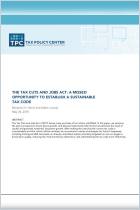
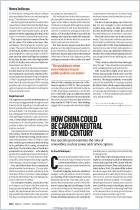
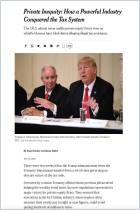
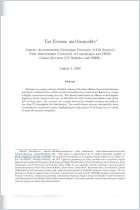
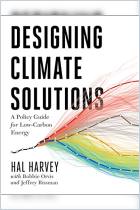



Comment on this summary or 开始讨论